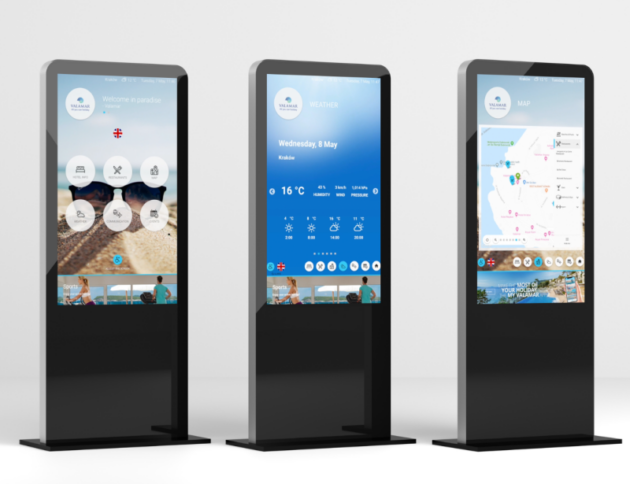
In the dynamic landscape of the hospitality industry, Artificial Intelligence (AI) has emerged as a transformative force, reshaping the way hotels, restaurants, and other businesses engage with guests. Over the past few years, rapid advancements in technology have positioned AI as a key player in enhancing operational efficiency, personalization, and overall guest satisfaction. This article delves into the multifaceted ways AI is revolutionizing the hospitality sector, propelling it into a new era of innovation and excellence.
Personalized Guest Experiences
AI’s ability to analyze vast amounts of guest data is the cornerstone of personalized experiences in the hospitality sector. By scrutinizing guest preferences, behaviors, and historical interactions, AI algorithms enable hotels to craft tailor-made services and recommendations. From pre-set room configurations that align with individual preferences to curated dining suggestions based on past choices, AI is fostering a level of personalization that goes beyond traditional hospitality boundaries.
Chatbots and Virtual Assistants
The advent of AI-powered chatbots and virtual assistants has ushered in a new era of customer service in the hospitality industry. These intelligent systems are adept at handling a myriad of guest inquiries, ranging from room reservations and check-in/check-out procedures to concierge services. By automating routine tasks, hotels can streamline operations, freeing up staff to focus on more complex and personalized guest interactions, ultimately elevating the overall quality of service.
Facial Recognition for Security and Convenience
The integration of facial recognition technology offers a dual advantage of enhanced security and improved guest convenience. Hotels can deploy facial recognition for secure access to rooms, ensuring that only authorized guests can enter designated areas. Furthermore, this technology has the potential to expedite check-in processes, eliminating the need for physical keys or traditional identification methods, thereby streamlining the guest experience.
Dynamic Pricing and Revenue Management
AI algorithms play a pivotal role in dynamic pricing and revenue management, offering hospitality businesses a strategic edge. By analyzing real-time market trends, demand fluctuations, and competitor pricing, AI can optimize pricing strategies to maximize revenue. This data-driven approach enables businesses to stay competitive, attract more guests during off-peak times, and increase overall profitability through well-informed decision-making.
Analytics for Operational Efficiency
Predictive analytics, powered by AI, contribute significantly to operational efficiency in the hospitality sector. By analyzing historical data and external factors, AI can accurately predict peak times, allowing hotels and restaurants to allocate resources efficiently. This not only improves overall operational efficiency but also results in substantial cost savings and an elevated level of service quality that meets or exceeds guest expectations.
Language Translation for Global Hospitality
As the hospitality sector increasingly attracts guests from diverse linguistic backgrounds, AI-driven language translation services have become invaluable. These tools facilitate seamless communication between guests and staff, breaking down language barriers and fostering a more inclusive and welcoming environment. Whether it’s translating menus, assisting with inquiries, or providing real-time language support, AI language translation contributes significantly to the global appeal of the hospitality experience.
The integration of AI into the hospitality sector represents more than just a technological upgrade; it signifies a fundamental shift in the way businesses and guests interact. The benefits of AI, ranging from personalized services to enhanced operational efficiency, are diverse and impactful. As the industry continues to embrace these technological advancements, hotels and restaurants are not merely automating tasks but are actively shaping a new standard of hospitality—one that revolves around creating memorable, personalized experiences for every guest. The AI revolution in hospitality is unfolding, promising a future where innovation and guest satisfaction coalesce to redefine the very essence of hospitality.




